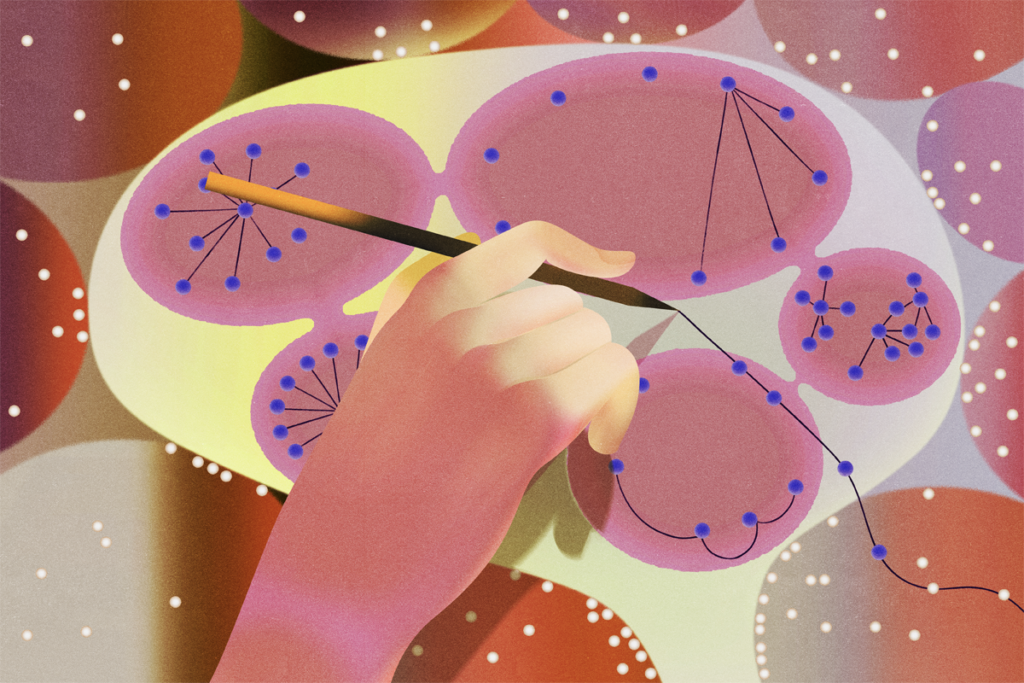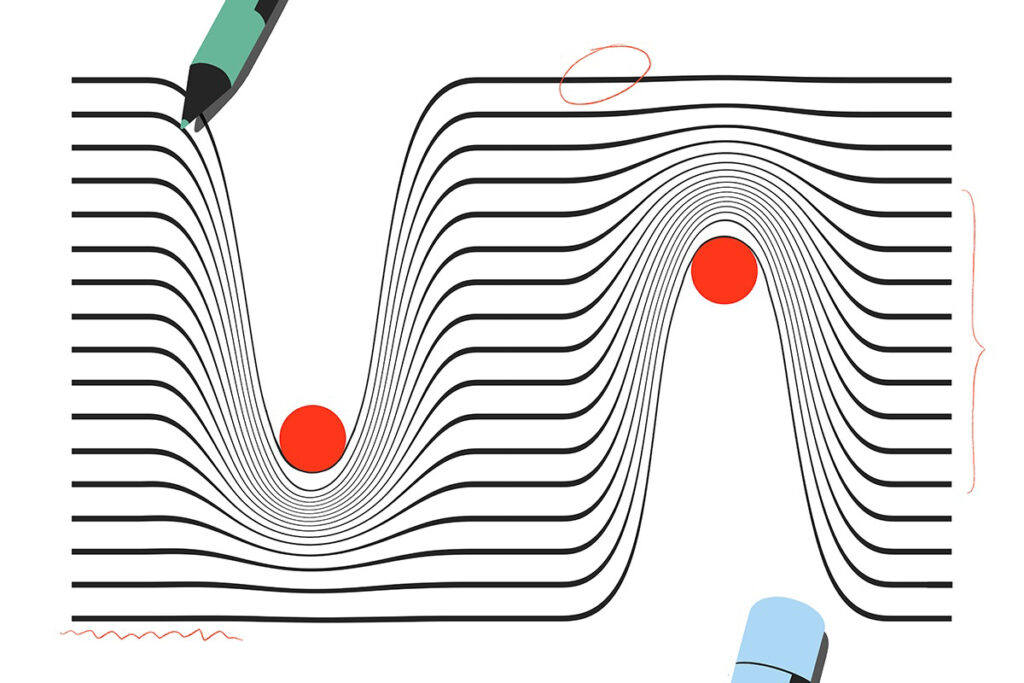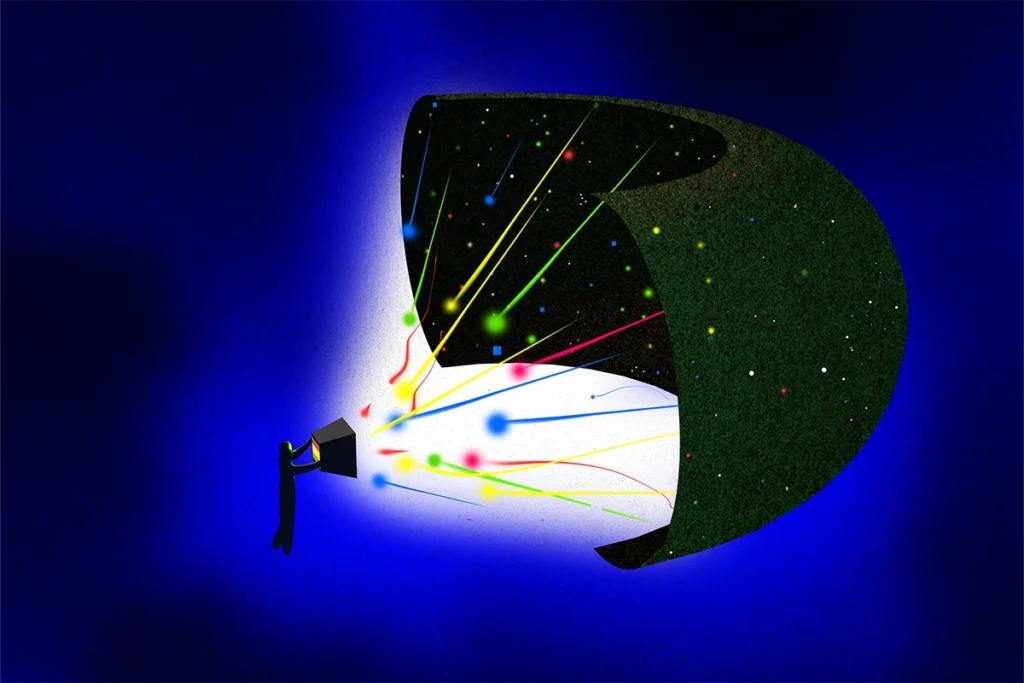Luiz Pessoa is professor of psychology and director of the Maryland Neuroimaging Center at the University of Maryland, College Park. His research interests center around studying interactions between emotion, motivation and cognition in the brain. He is also interested in the conceptual and philosophical foundations of neuroscience. He is the author of two books: “The Cognitive-Emotional Brain: From Interactions to Integration” (MIT Press, 2013) and “The Entangled Brain: How Perception, Cognition, and Emotion Are Woven Together” (MIT Press, 2022).
Pessoa received a B.Sc. in computer science and a master’s in computer engineering from the Federal University of Rio de Janeiro. He obtained a Ph.D. in computational neuroscience at Boston University. After returning to Brazil for a few years and being on the faculty of the computer science department at the Federal University of Rio de Janeiro, he returned to the United States to take a position as visiting fellow at the National Institute of Mental Health, in Leslie Ungerleider’s lab. He has been at the University of Maryland, College Park since 2011.



